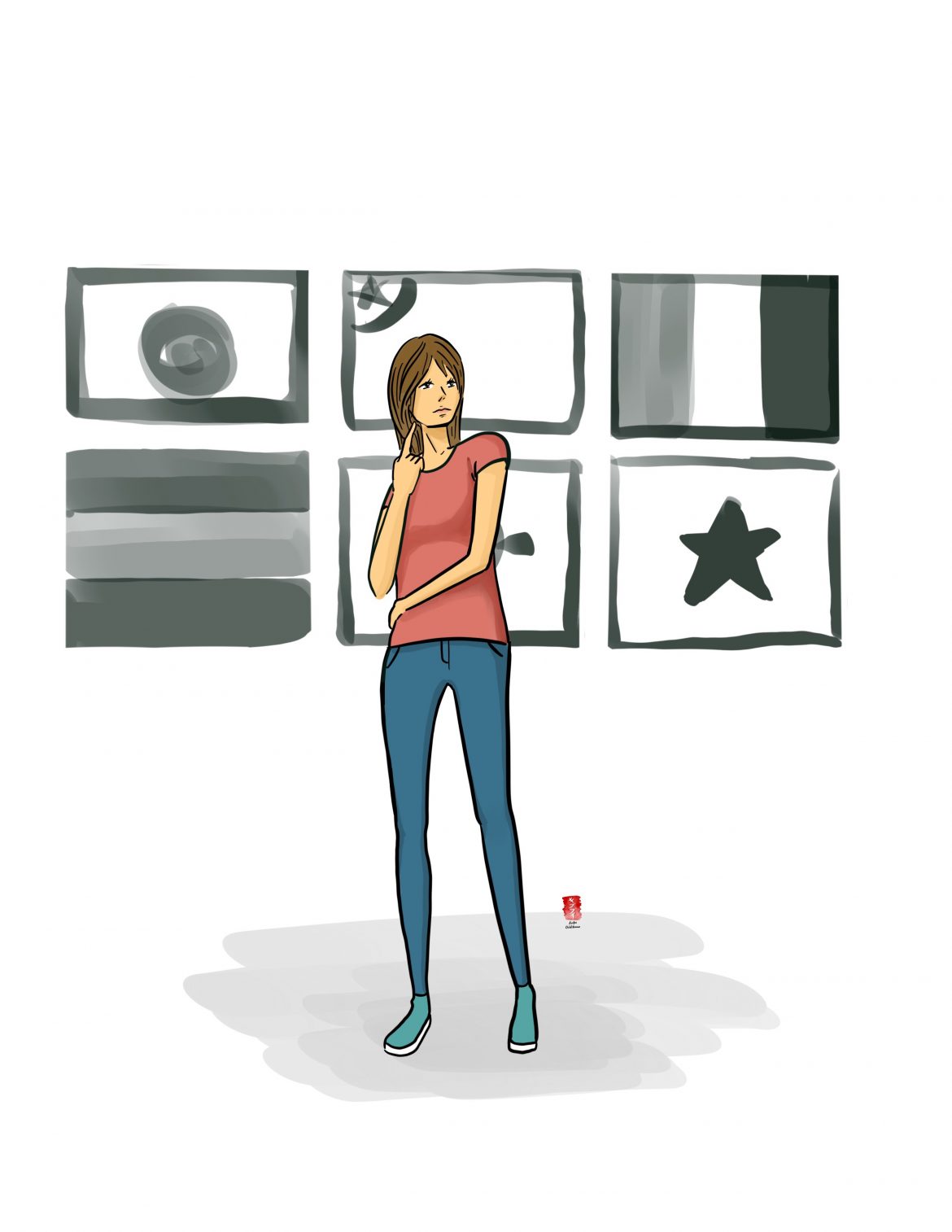Most people would argue that the toughest part about growing up as a first generation American, from a migrant family household, is the turbulence you encounter when our cultures from home clash with the ones we come across.
We deal with racism, prejudice, and discrimination from people that don’t understand our cultures, customs, or lifestyles. We are confronted with a constant underestimation of our abilities, misunderstanding and ignorance on a daily basis. Whether it be blatantly flung at us like salt on an open wound or thinly veiled behind the intricacies of social politics that, if fought back, may hold you liable to be labeled by insidious names or attitudes falsely attached to your race, religion, or color.
In this way, to a first generation American, our country becomes no longer our home, but rather our battlefield to which we must suffer the tension that comes from not being a part of one nation.
What people don’t seem to realize is that not only is there a tension accompanied by being both American and of another national identity, but one that resides in our homes, and even within ourselves. There is a constant battle to remain loyal to your race, country, or culture, but also to be a part of this great nation we call the United States of America. Not only are we being chastised for being a part of a culture or race that is dissociated by what it means to be an American, but for not being wholly devoted to your parents’ culture associated with the country they call home.
Coming from a household that migrated to America from an economically challenged country, my parents uprooted their entire lives in order to provide a better future for their children, and in turn, their children’s children. Although this is one of the most selfless acts, it is also an unspoken contract between parent and offspring, to remain subscribed to your family’s ideals, beliefs and culture. Even if it may conflict with the inevitable assimilation to the country you’re being raised in, this is the source of an issue that may cause one to struggle with their cultural identity. The issue tends to plague a large amount of first generation American citizens.
Seemingly, the worst part about being a first generation American is not dealing with the outside world, but disappointing your parents for assimilating to the country they raised you in, which is inevitable and impossible to prevent.
We are asked not to adapt American morals, values, or ways of living. We are asked not to stray within the outside world that doesn’t understand our culture, language, or religion. We are asked to stay true to who we were back “home” and to not, under any circumstances, pave a way for ourselves in this country if it contradicts who are parents are, or where they come from. We are asked to feel guilty about being ourselves at home and then feel marginalized outside of home for not being the same as everybody else. We are asked to live in the in-between where we are constantly clipping parts of ourselves and our personalities for the benefit of others and neither party is ever satisfied with either version of our identity. We are asked to live in America but not be an American. Although this hostility towards American culture at home stems from a yearning to remain faithful to your primary culture, these insinuations sting.
Even though tensions in identity appear to create dissonance and clash against one another, they blend together like a harmonious symphony to create a myriad of unique perspectives for the person privileged enough to have inhabited two different cultures.
The differences in identity then, don’t seem to diametrically oppose one another but rather compliment one another in new and profound ways.
With these dual identities, first generation Americans gain understanding, empathy, compassion, insight, and the ability to adapt to our environment in chameleon-esque ways that make us flexible in attitude and in tolerance. Not only are we surviving in our environments but rather thriving in it through our diverse perspectives and insights. We are advancing the way in which we react to the world in complex ways, not attuned to a person who has not experienced culture clashes like we have.
In this way being a part of many different cultures becomes a strength, not a weakness.
We are able to take from each culture, and embrace its flaws and benefits with equal and enthusiastic appreciation. We understand that neither one is better or worse than the other. We are a unique entity that has the opportunity to customize their way of life through the experiences gained from either culture, and in that way we are able to enhance our way of living through our open mindedness.
We are neither one or the other but are both. We have countless identities. We are able to enrich ourselves with the diversity of the world by being a living example of what the United States of America was founded upon: a country of immigrants.
We have become the glue that has connected this country back to its roots and for that I am proud to have come from two different cultures. At times these identities do brawl with one another, but I would not give up either for the sake of the other.
I am proud of both, and I am proud to be both, and I wouldn’t have it any other way.












